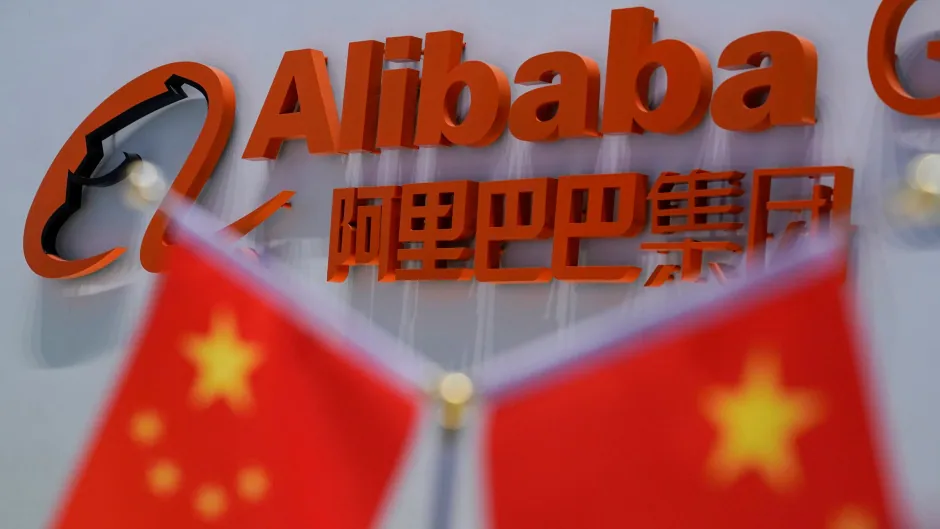The massive Chinese e-commerce company Alibaba is reaching a turning point in its history. The corporation, which was once a representation of China’s technical and economic might, is currently facing difficulties on several fronts. A shifting consumer environment, slower economic growth, and regulatory crackdowns have all had an impact.
Recent News:
- September Quarter 2023 Results: Revenue increased by 9% year over year to 224.79 billion yuan ($30.81 billion) for the quarter. But net income attributable to common shareholders fell to 28.52 billion yuan ($3.95 billion), a 60% decrease.
- Alibaba said that it intended to split out Cainiao Smart Logistics Network Limited, its logistics division, and float it independently on the Hong Kong Stock Exchange. This action is considered a means of realizing Cainiao’s potential and strengthening its worldwide logistical capacities.
- China’s economic outlook: Citing challenges from the zero-Covid policy and a weakening real estate market, the International Monetary Fund (IMF) has lowered its projection for China’s economic growth in 2023 and 2024. This may further reduce consumer spending and have an effect on Alibaba’s main line of business.
In light of this, investors are unsure if Alibaba would be able to recapture its former grandeur. The business has taken a number of actions to deal with its issues, such as:
- Alibaba has restructured its operations into nine smaller, more focused businesses from its six major business units. The goal of this is to improve agility and efficiency.
- Investing in emerging technologies: Alibaba is allocating substantial funds to fields including digital media, cloud computing, and artificial intelligence. This is considered essential to the long-term development of the organization.
- Increasing its global presence: Alibaba is aggressively seeking expansion in new areas, particularly Southeast Asia. The goal of this diversification approach is to lessen reliance on the Chinese market.
The journey ahead will not be easy, though. Alibaba continues to face fierce competition from local competitors such as Pinduoduo and JD.com. Furthermore, the business is vulnerable to more general economic and geopolitical risks.
Alibaba still has a lot of money and assets, even though its future is still unclear. Its large consumer base, well-known brand, and technological know-how are all important advantages that could enable it to overcome the difficulties it has right now. In the end, Alibaba’s success will hinge on its capacity to adjust to the shifting environment and successfully carry out its strategic goals.
Additional Context:
- China has loosened some of its zero-Covid regulations in recent months. Consumer spending and economic activity may both benefit from this.
- Recently, the Chinese government made it clear that it intended to aid in the growth of the digital economy. Alibaba and other IT businesses may profit from this.
There is some optimism for Alibaba and the Chinese economy overall because of these developments. But a lot more has to happen, and the coming years will be crucial in figuring out whether Alibaba can turn things around and take the lead in global e-commerce once more.









